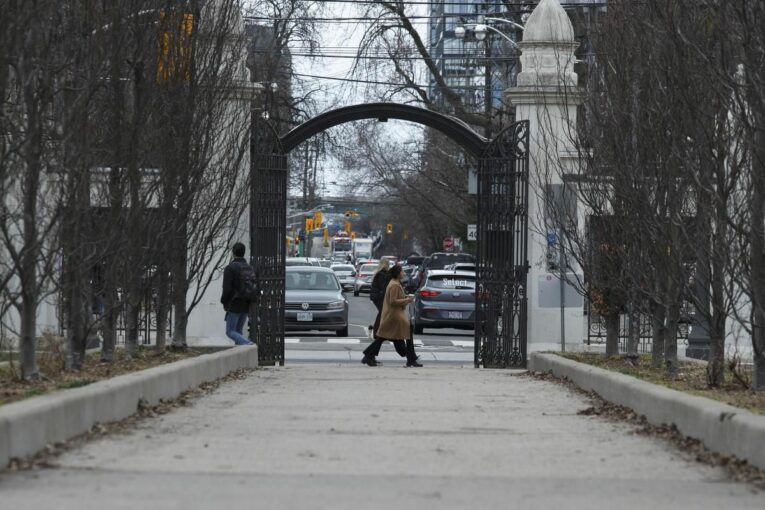
.
Monday 5:56 a.m.: Christine Enns said she was shocked when a rapid test showed she had tested positive for COVID-19.
Enns, who received two doses of COVID-19 vaccine and a booster shot, already had the virus in early February and thought reinfection was rare.
“I started feeling sick three to four days ago thinking, ‘This feels like COVID.’ I took five tests and …today it came back positive,” the bakery owner said Friday from her home in Warren, Mba., about 45 kilometres north of Winnipeg.
“It did come as a surprise to me because of all the things I put in place to not get it. Now that I had it twice, I don’t feel quite as invincible.”
Reinfection of COVID-19 was considered unusual, but then the Omicron variant arrived.
“Because Omicron is so different, previous infection doesn’t protect you,” Saskatchewan’s chief medical health officer, Dr. Saqib Shahab, said last week.
He said public health data suggests up to 10 per cent ofinfected Canadians who have recently had BA.2 — a sub-variant of Omicron — previously had BA.1 or a previous infection, like the Delta variant.
This aligns with recent studies done in England that suggest 10 per cent of reported cases are reinfections.
“That shows just because you got Omicron once doesn’t mean you’re bulletproof now,” Shahab said.
Read Sunday’s coronavirus news.
You can read more of the news on source



